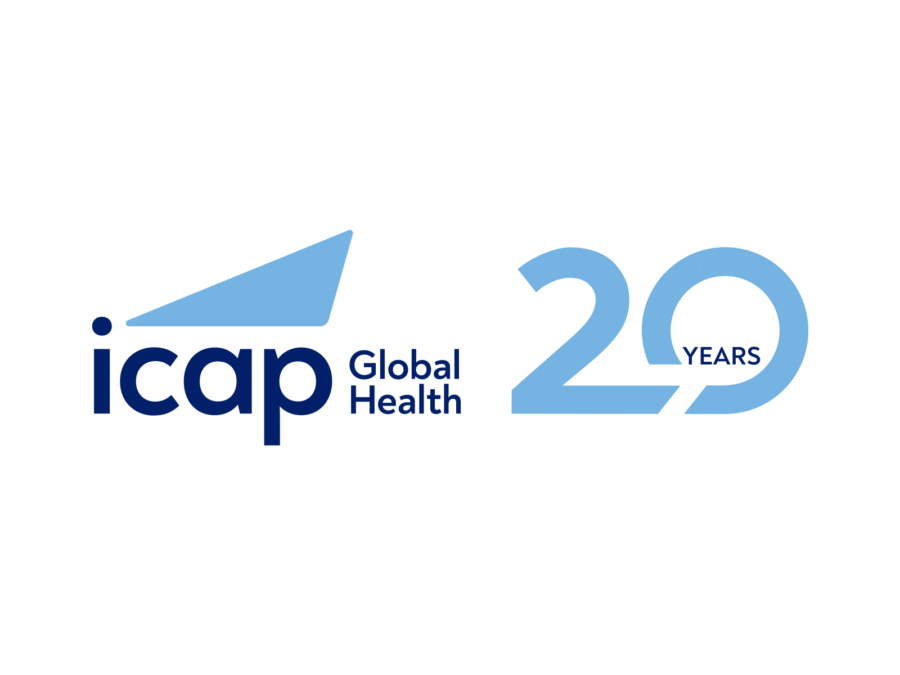Five years ago, when ICAP first began partnering with the Ministry of Health in the Democratic Republic of the Congo (DRC), only a third of the health zones were providing antiretroviral therapy and only 12 percent of the adults and children in need treatment were receiving it. Access to prevention of mother-to-child transmission of HIV services was even more limited, with only 11 percent of pregnant women tested for HIV, and just six percent of infants born to known HIV-positive mothers receiving treatment. But by 2015, through a comprehensive, multi-level initiative, HIV services in DRC expanded significantly, and the number of people receiving HIV treatment had increased three-fold.
Central to these efforts was the successful collaboration between ICAP, the Ministry of Health, and local partners, who with funding from PEPFAR through the CDC, undertook a five-year effort to increase access to HIV prevention, care, and treatment for women, children, men who have sex with men, and other underserved communities in Katanga and Kinshasa—two of DRC’s most populous provinces.
ICAP conducted facility assessments, developed job aids, provided health workers with mentorship and supportive supervision, and through technical assistance made important contributions to the design and revision of national HIV guidelines, data collection, and reporting tools including a critical expansion of Option B+ for PMTCT, which provides immediate HIV treatment to positive, expectant mothers. In addition, ICAP partnered with the National AIDS Reference Laboratory to strengthen HIV lab networks, standardize equipment and systems, and introduce new HIV-related lab technologies. These improvements paved the way for a stronger foundation—one that could provide high-quality HIV services.
By working hand-in-hand with health facilities ICAP was able to: increase the number of people accessing HIV testing and counseling; improve health outcomes of mothers and children through PMTCT and recruit and train HIV peer educators.
The breath of these interventions, as ICAP expanded support from 20 health facilities in 2010 to over 245 in 2015, meant that critical HIV prevention, care, and treatment services reached women, children, and other key populations in an unprecedented way. During the span of the five-year project, over 5,100 female sex workers and men who have sex with men received HIV testing and counseling. Ninety-six percent of HIV-positive pregnant women who tested positive for HIV at ICAP-supported facilities received antiretroviral drugs to reduce the risk of transmitting HIV to their babies.
In the next chapter of our partnerships in DRC, ICAP will continue to collaborate with the Ministry of Health on a five-year PEPFAR-supported effort to implement the Accelerating Children’s HIV/AIDS Treatment (ACT) initiative, an ambitious initiative to double the number of children receiving HIV treatment across ten priority countries.
To read more about the accomplishments in DRC between 2010 and 2015, read the brief here.








